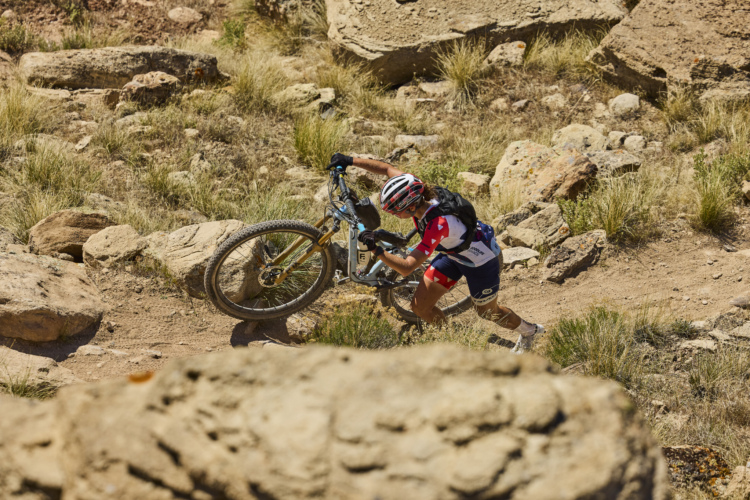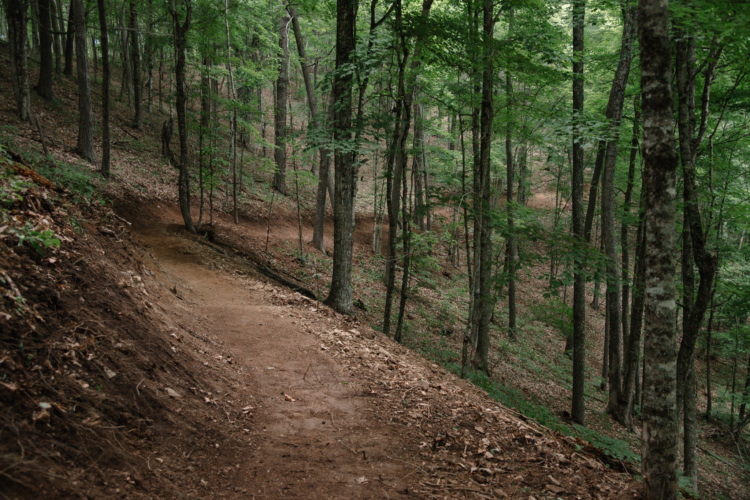
The Gates Carbon Drive system on a Maverick mountain bike
Yesterday Trek introduced two new bike models that have gone completely chainless. While we wrote about chainless mountain bikes back in September, Trek is the first bike company to use the technology in a mass produced bike. The Trek chainless bikes, the District and Soho, are commuter / recreational bikes and will be available starting next month for just under $1,000 each.
According to some inside the bike industry interviewed for this article, we may see chainless tech showing up in more and more bikes in the coming years. Instead of a drive chain made up of metal linkages and up to 3,000 individual parts, chainless bikes utilize a carbon belt similar to the drive belt on motorcycles and snowmobiles. As we mentioned in our post back in September, the carbon belt has a number of advantages over a traditional chain: lighter weight (80 grams vs. 300-400 grams), longer lasting (3 years vs. 1 year), minimal stretch, and lower maintenance (no lube required!). Belt drive systems are virtually silent and rarely catch pant cuffs, making them a good choice for commuters.

One question the AP article didn’t answer is how the carbon drive systems work with multiple gear set-ups. The Trek demo bike in the AP photos shows a single gear and our photos from Interbike show the same thing (see above). It seems like it would be possible to develop a special derailleur to work with a carbon drivetrain but we’ve yet to see evidence of one. In fact Gates Carbon Drive, the company we profiled back in September, says the carbon belt “shows promise for internally geared hubs.” Promise but no results – yet.
So for now it seems like the chainless bike may be a niche product for commuters and single-speed mountain bikers, though the development of a chainless derailleur could really shake things up. Any mechanical engineers out there up for the challenge?









